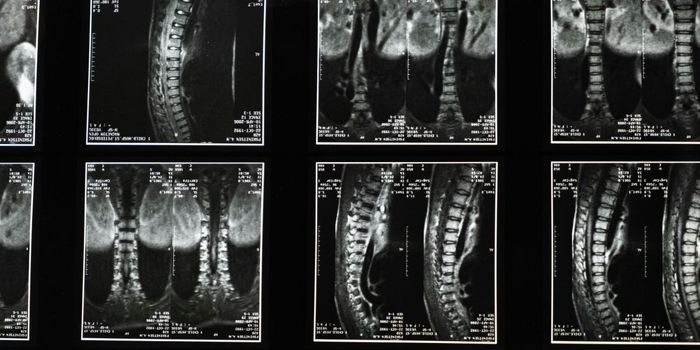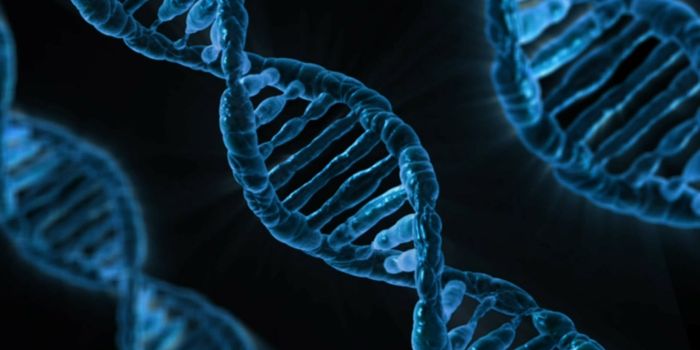Strong Links Between PTSD and Heart Disease
The link between heart disease and stress is well known, but researchers still have a lot to learn about that association and the underlying biological mechanisms. Several recent studies have investigated the association between heart disease and post-traumatic stress disorder (PTSD), which is a major health problem in many parts of the world. A 2019 study found that globally, there are 354 million adult war survivors with PTSD and/or major depression.
Multiple studies have found connections between PTSD and cardiac disease. A huge study of 398,769 American female military veterans found that the risk of ischemic heart disease was 44 percent higher in women with PTSD. The research, reported in JAMA Cardiology, included 132,923 women who had been diagnosed with PTSD and 265,846 who had not been diagnosed with PTSD. The study authors noted that the association they identified was very strong. The research had accounted for other factors like age, obesity, and elevated blood pressure, among others.
A study recently reported in PLOS One also examined the connection between heart disease and health-related quality of life, a person's perception of their wellness, in Palestine, potentially the first study to do so. The authors noted that cardiovascular disease affects a high proportion of the Palestinian population. There are also high rates of depression and anxiety, undoubtedly due in part to living in a conflict zone. The study found that Palestinian people who had both PTSD and either depression or anxiety were more likely to have heart disease for longer periods of time, and poor health-related quality of life.
While it seems that people with PTSD are more likely to develop heart problems, scientists have also found some evidence that the opposite may be true too. A small study has shown that people with heart disease are also more likely to have PTSD. That may be related to trauma from surgeries they have because of their illness, but there may be other reasons as well. Though another report did not prove a cause and effect relationship, it did confirm that finding.
Scientists have proposed several explanations for the link between heart disease and stress. High levels of a stress hormone called cortisol may be damaging the heart; thyroid or adrenal disorders could be a reason; diseases that affect metabolism, blood pressure, the regulation of fats or sugars, or inflammation may all be affected by stress and could impact the heart as well.
When it comes to PTSD specifically, research reported at the 2021 meeting of the American Physiological Society (APS) , Experimental Biology 2021, suggested that the expression of genes that are involved in the renin-angiotensin system (RAS) in cells in the amygdala change their activity when the brain undergoes traumatic stress. The amygdala is a region of the brain that's involved in memory processing, and RAS is crucial to the regulation of blood pressure. More work will be needed to conform those findings.
Sources: JAMA Cardiology, PLOS One, The FASEB Journal










